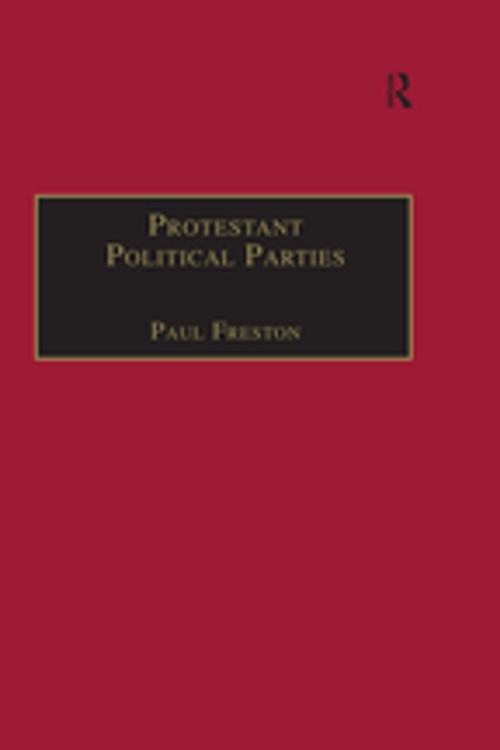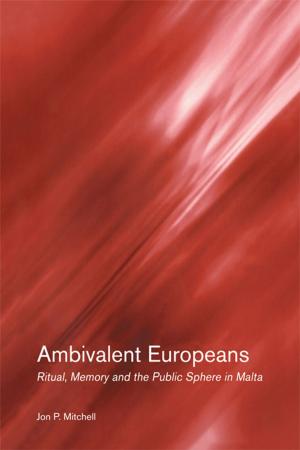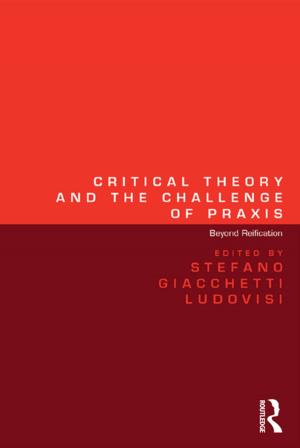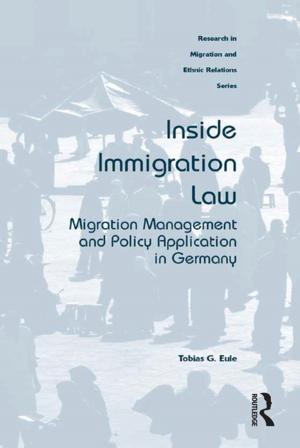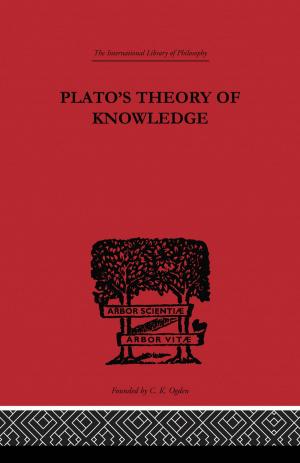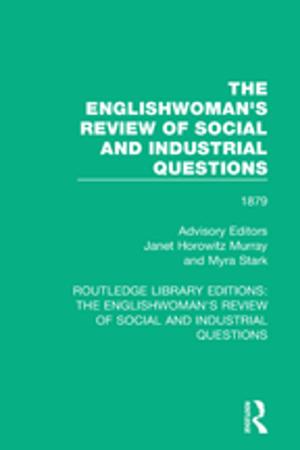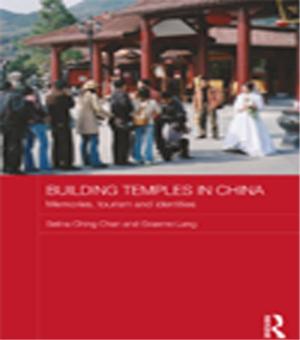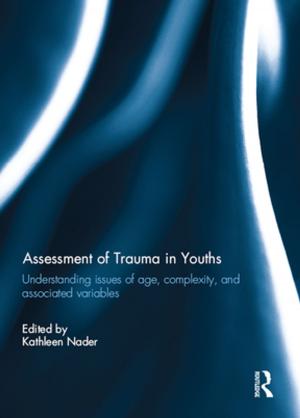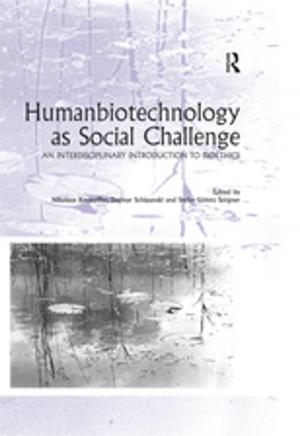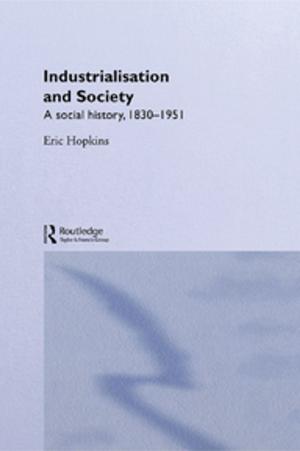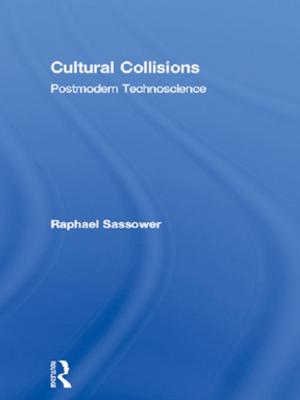| Author: | Paul Freston | ISBN: | 9781351908146 |
| Publisher: | Taylor and Francis | Publication: | March 2, 2017 |
| Imprint: | Routledge | Language: | English |
| Author: | Paul Freston |
| ISBN: | 9781351908146 |
| Publisher: | Taylor and Francis |
| Publication: | March 2, 2017 |
| Imprint: | Routledge |
| Language: | English |
The recent global expansion of Protestant Christianity, and the increase in multiparty democracies, has led to the multiplication of Protestant political parties. One cannot talk of Protestant parties today without mentioning countries as diverse as Norway, Latvia, New Zealand, Indonesia, Zambia and Nicaragua. Whilst the well-established parties of the Netherlands and Scandinavia have long been studied, Paul Freston's groundbreaking book is the first global survey of this phenomenon. After looking at the traditional Protestant heartlands of Europe and the English-speaking world, Freston traces the spread of the Protestant party model to post-communist countries, the Pacific, the Muslim world, southern Africa and Latin America. He examines the circumstances favouring such parties, and the political projects they represent. The conclusion analyses the diversity of Protestant parties due to different interpretations of Christian politics and varied contexts. This unique book will interest specialists and non-specialists, across disciplines and in many parts of the world.
The recent global expansion of Protestant Christianity, and the increase in multiparty democracies, has led to the multiplication of Protestant political parties. One cannot talk of Protestant parties today without mentioning countries as diverse as Norway, Latvia, New Zealand, Indonesia, Zambia and Nicaragua. Whilst the well-established parties of the Netherlands and Scandinavia have long been studied, Paul Freston's groundbreaking book is the first global survey of this phenomenon. After looking at the traditional Protestant heartlands of Europe and the English-speaking world, Freston traces the spread of the Protestant party model to post-communist countries, the Pacific, the Muslim world, southern Africa and Latin America. He examines the circumstances favouring such parties, and the political projects they represent. The conclusion analyses the diversity of Protestant parties due to different interpretations of Christian politics and varied contexts. This unique book will interest specialists and non-specialists, across disciplines and in many parts of the world.
